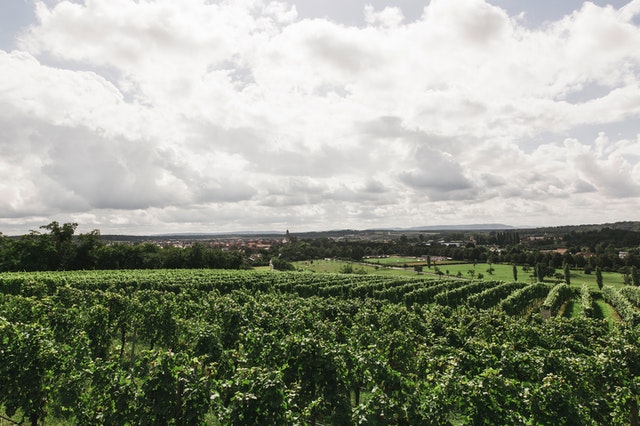While talking about farmer, farming and farm laws it is important to keep in perspective the key stakeholders. There only TWO KEY STAKEHOLDERS – “Farmers” and “Consumers/Customers.” When I talk about the customer, I mean the industry or merchant exporters. In recent debates in media and other possible platforms, we have forgotten about the “consumers/customers” completely.
Let us look at how farmers and industry/merchant exporters have worked together and taken India to the world market. It is heartening to mention that India has reached World’s No1 position in Jeera export, No 10 in Grape export, become a major exporter of dried chilly, No 2 in Aquaculture export to name a few, over last 10 years. It was possible as farmers and FPOs worked along with large organisations to adopt best practices in agriculture to meet global “Food Safety Standards” of various countries and produce a variety that is in demand. They have established a robust supply chain to meet global demands on time. They have made their business globally competitive while overcoming competition from other countries year after year, successfully. They are doing exactly what these laws talk about. The gainer is India and its farmers.
The capacity building is key for the growth of any sector. Indian agriculture has been suffering and lost out with respect to many countries in the world because of lack of investment. A substantial investment is required along with supportive policies to make Indian Agriculture and Farmers to get benefits today and tomorrow using lesser natural resources and to remain competitive. These farm laws are in that direction. We are the 2nd largest producer of horticulture produce but our exports are minimal. We need to produce what the market demands, the quality it demands and be competitive to sell our surplus produce in the domestic and global markets. Sale of surplus produce is the basis of farm economics. We must meet the stringent food safety standards of various countries.
For 100s of years, India was known for spice trading and exports. Currently, large organisations are providing support to 1000s of farmers for growing spices for exports to 100+ countries and bringing back India’s past glory. This has changed the life of farmers, boosted their income levels and helped in sustainable farming. These laws will support all stakeholders to work together to expand exports and meet the world’s voracious appetite for spices, a huge opportunity.
An assured income through various age-old provisions of procurement of a few produces which has made us produce more than we can consume without much care about the depletion of the groundwater table and making many districts in a few states come under “dark zones”. Establishing food processing industry in these districts is a challenge now. How do we take care of surplus production than in the absence of the food processing industry? At the same time, we import edible oil and are reluctant to produce more oilseeds. In the last few years, we have become AtmaNirbhar in pulses due to focussed increase in production. Can we do the same for the edible oil? Let the market dynamics decide the production and not assured income policies.
Contract farming in India started in the 1990s by a few MNC. Most commercial grade potato farming is under contract farming in Punjab, Gujarat and other states. In no circumstances any farmers land has been taken by any MNC or Indian companies engaged in contract farming. Because of contract farming farmers got better seed variety and material. India farmers got the best farm practices and they could get better yield per hectare. The entire potato supply chain can be benchmarked with global standards. The losses are much reduced. Now in India many farmers entering into contract farming for many crops as it gives an assured market/customer to them. These laws bring in more safeguards for the farmers engaged in contract farming.
Time has come for us to move from “production-driven” to “Demand-driven” agriculture.

